-
 +28 +1
+28 +1The Uncomfortable Truth Of What Really Happened With COVID | Dr. Paul Offit
-
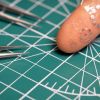 +33 +3
+33 +3Shape-shifting ultrasound stickers detect post-surgical complications
First-of-its-kind device ‘tags’ an organ to monitor abnormal, life-threatening fluid leaks
-
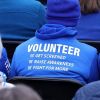 +19 +2
+19 +2A Blood Test Shows Promise for Early Colon Cancer Detection
Many patients are reluctant to undergo colonoscopies or conduct at-home fecal tests. Doctors see potential in another screening method.
-
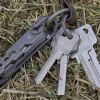 +26 +2
+26 +2Golf, and other men's hobbies, drive a 300% increase in ALS risk
Men who engage in recreational activities such as golf, gardening and woodworking are at higher risk of developing ALS, an incurable progressive nervous system disease, a study has found. The findings add to mounting evidence suggesting a link between ALS and exposure to environmental toxins.
-
 +32 +3
+32 +3Statins and the Lean Mass Hyper-responder Phenotype: Some thoughts
-
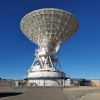 +32 +2
+32 +22024 Total Eclipse
On April 8, 2024, a total solar eclipse will cross North America, passing over Mexico, the United States, and Canada. A total solar eclipse happens when the Moon passes between the Sun and Earth, completely blocking the face of the Sun. The sky will darken as if it were dawn or dusk. Safety is the […]
-
 +31 +5
+31 +5Scientists unearth mysteries of giant, moving Moroccan star dune
Parts of the structure are younger than expected while an east wind blows the whole thing across the desert, researchers find
-
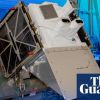 +35 +6
+35 +6Satellite to ‘name and shame’ worst oil and gas methane polluters
Leaks are driving 30% of the climate crisis and MethaneSat will provide the first first near-comprehensive global view
-
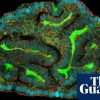 +28 +6
+28 +6Scientists grow ‘mini-organs’ from cells shed by foetuses in womb
Creating organoids from cells found in amniotic fluid could bring insights into cause and progression of malformations
-
 +25 +6
+25 +6NASA's ice-hunting VIPER moon rover getting ready to slither to the launch pad
"All of VIPER’s flight instruments are installed, and the rover is more than 80% built!"
-
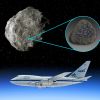 +28 +1
+28 +1Scientists identify water molecules on asteroids for the first time
Using data from the retired Stratospheric Observatory for Infrared Astronomy (SOFIA)—a joint project of NASA and the German Space Agency at DLR—Southwest Research Institute scientists have discovered, for the first time, water molecules on the surface of an asteroid.
-
 +16 +4
+16 +4Energy based on power of stars is step closer after nuclear fusion heat record
Feat by scientists at Oxfordshire facility described as ‘fitting swansong’ for pioneering project as reactor is decommissioned
-
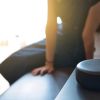 +27 +4
+27 +4New study shows how human-like qualities of voice assistants influence shopping habits
A recent study published in Computers in Human Behavior shows that the more human-like virtual assistants sound, the safer people feel using them for voice shopping.
-
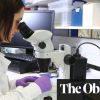 +21 +4
+21 +4First UK patients receive experimental messenger RNA cancer therapy
The British clinical trial of the revolutionary new mRNA treatment will test its effectiveness in combating a range of cancers
-
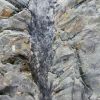 +36 +3
+36 +3Newly discovered ancient tree species looks like it could be from the mind of Dr. Seuss | CNN
Unusual trees found fossilized in Canada were buried alive 350 million years ago. Scientists say the discovery opens a new window into the history of life on Earth.
-
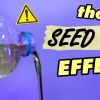 +29 +3
+29 +3Food industry’s favorite ingredient has been killing us, slowly.
-
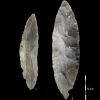 +21 +5
+21 +5Neanderthals and humans lived side by side in Northern Europe 45,000 years ago
Genetic analysis of bone fragments from German archaeological site proves that modern humans reached northern Europe not long after they emerged from Africa
-
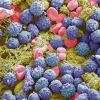 +23 +4
+23 +4Obesity drugs have another superpower: taming inflammation
The blockbuster medications that reduce body weight also reduce inflammation in the brain, raising hopes that they can treat Parkinson's and Alzheimer's diseases.
-
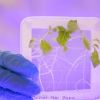 +24 +4
+24 +4Eating Salad On The Way To Mars Could Kill Astronauts, Say Scientists
A new study shows that space-grown lettuce is more prone to infections such as E. coli and Salmonella—and that could put astronauts and space missions at risk.
-
 +33 +2
+33 +2Writing things down may help you remember information more than typing
Writing words down increases connectivity linked to memory and learning between different areas of the brain, with the same not being true when things are typed out on a computer
Submit a link
Start a discussion




















